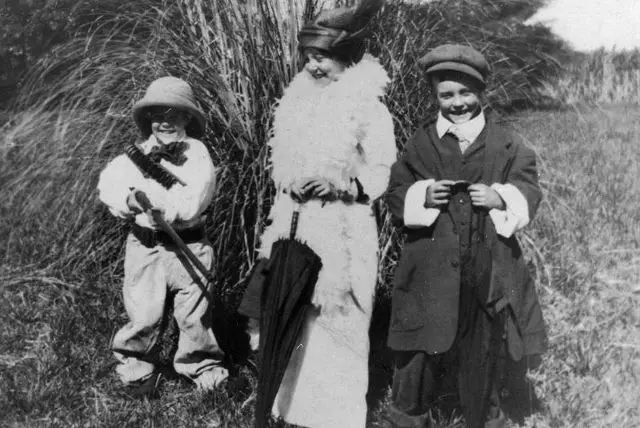Jonathan Dodd’s latest column. Guest opinion articles do not necessarily reflect the views of the publication. Ed
Ever since the first human discovered that he/she had critical faculties life just became more and more complicated. Once our species made the leap from hungry/not hungry to – “Waiter, there’s a fly in my soup!”, we discovered a whole world of satisfaction/dissatisfaction. Pretty soon after that, our mode of thinking changed from – “This flint cuts better than that one”, to “There must be a perfect flint out there somewhere”. And that moment, right there, may just be the root of all our troubles.
Most people will use what they have, whilst looking for something better. Some will set about trying to make the perfect flint, and others will forever be angry that they have an imperfect one. We used to think that life was so mean, brutish and short back in history, that most people didn’t have the time or brains to ponder intellectual matters. Once we started to educate people we discovered that there was no actual correlation between the level of one’s social class and one’s intellectual capacity.
A strong distinction between stupid is and stupid does
Sadly, this attitude continues, disguising itself in the usual weary tropes and jibes. Refugees and asylum seekers are usually thought to be poor and stupid, and they’re often bundled in amongst tramps and criminals and the unemployed, because they don’t dress well or speak our language properly. People who disagree with us are probably stupid, and people who vote for the wrong candidate are definitely stupid.
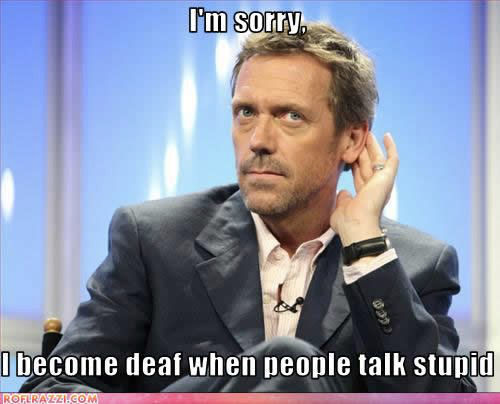
This attitude is hardly good for social cohesion. It would be helpful if we were able to make a strong distinction between stupid is and stupid does. When my children were young, I made a real effort never to tell them they were stupid, as so many fellow parents seemed to do. My line was (hopefully) always thus – “You’re not stupid, but you’ve done a stupid thing”. To me, the difference is clear. It’s all about behaviour, and behaviour is activity informed by thought.
This feels to me like a growing-up thing
I have a model in my mind of human beings as thoughtful animals, skilled in the art of absorbing experience and learning from it. In this way we use our minds to create a society that expects to have all those good values such as security and fairness and healthcare and sustainability, and the expectation of being able to pass all this on to the next generation. I think we all hope that the sum of human knowledge and inventiveness will increase as well.

This model isn’t problematic in itself, but it does imply a certain amount of work, to set up and to maintain. The problem is that some people are willing to do that work, and some like living in that place but don’t understand why they ought to contribute. This feels to me like a growing-up thing. We all admire parents whose children are well-behaved, but we worry if those children are too quiet and still, or if they appear to be uncontrollable. There’s a range of parenting styles out there, veering wildly from wild and natural to downright rigid tyranny.
A necessary disruptive phase before they settle down
As parents, we strive to walk that middle line, with no guarantee of success, in the hope of not failing totally. And even the most sensible of children usually go through a necessary disruptive phase before they settle down. There’s a reason why car insurance is much more expensive for young people. This isn’t in order to punish them, it’s because they have the most accidents. I don’t think the insurance companies handle this too well, but that’s another matter. Young people need to find their place in the world, and they need to teach themselves. You can’t do that for them, you can’t stop them, and you can’t regulate their behaviour. They’re going to do it anyway, because that’s what growing up is all about.
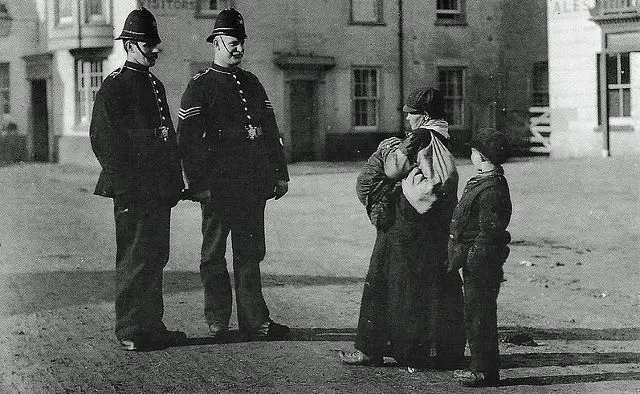
The truth is that the vast majority of young people do become grown-ups, and very good grown-ups at that. Most of the formal institutions that used to keep people in line have gone or loosened their grip. Formal education, the role of the church, military service, the power of respectability, and the presence of authority figures in every small social grouping, no longer have the same power they used to have in regulating our behaviour.
Take a hard look at the kind of people advancing these ideas
I’m not advocating a return to those days, nor do I think it’s possible or even desirable, especially when I take a hard look at the kind of people advancing these ideas. I’d like to find a way to re-establish the idea of community and social responsibility, so that each of us once again feels a connection with others, and considers the effect of our behaviour on those to whom we don’t currently relate.
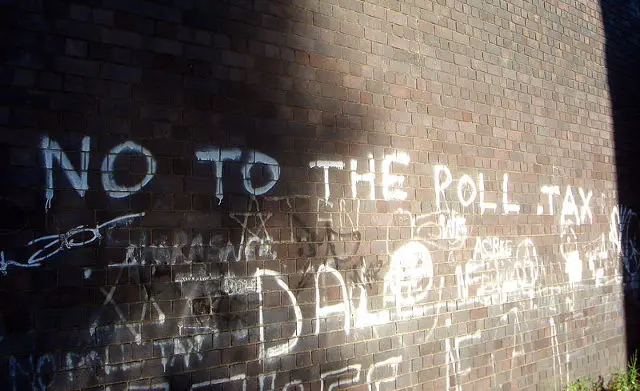
Part of what binds societies together is the multitude of unconscious attitudes that swirl around our interactions. Some of these occur naturally, out of the blue, like fashion and music. Whatever they are, they have to be liked by enough people to become common. Efforts by companies and governments to impose these often fail, and cause much damage and loss of public confidence. Coca Cola trying to change their recipe and the Brexit campaigns come to mind recently. On the other hand, these ideas and attitudes can also become current by a determined effort from a lot of people.
I am, therefore I self-police
I doubt that the government could have made a success of drink driving laws had not the majority of people taken them seriously. Until recently it was becoming anathema to express racist attitudes in public. That’s a genie that’s trying very hard to get out of the bottle lately. I actually believe that a lot of how we are is about the things we say to ourselves internally. Our internal monologue, or dialogue, or multilogue, depending on what form yours takes, whether you’re even aware of it or not.
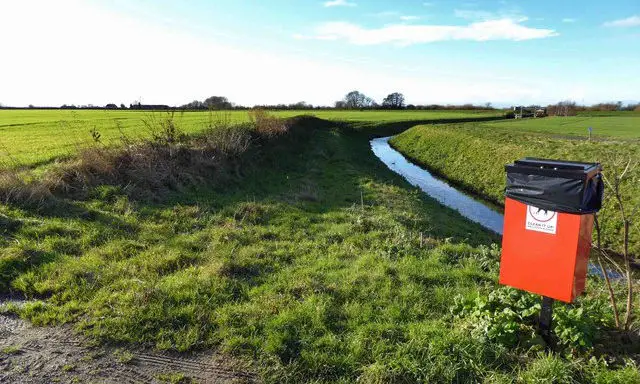
We all have the ability to modify our behaviour, and because we don’t each of us live on a desert island, we therefore have the responsibility to do so. It’s far better, in any way you might want to measure, to pick up your dog’s mess from the pavement because you know it’s right, than to have to set up CCTV and place more policepersons on the beat, and to waste time and trouble in the courts and prisons. It should be a no-brainer. I am, therefore I self-police.
This automatically makes us better people
Apart from the improvement in everyone’s lives as a result of taking small moments to think about others, this automatically makes us better people, and spending time thinking about the effect of our actions on others is going to make us more sociable. And I would venture to suggest that it will also make us happier and extend our lives. So why don’t we do this naturally?
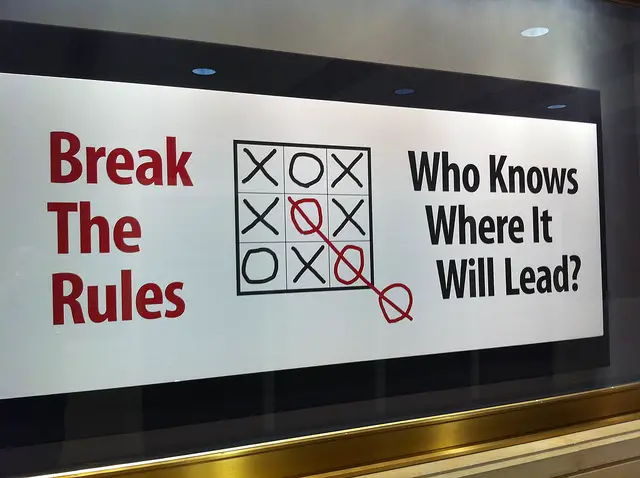
What’s the difference between a child and a grown-up? Children know less, they understand less, their experience is limited, and their thinking hasn’t yet matured. That’s part of their charm, as well as the cause of endless confrontations between themselves and their parents. Everything is instant gratification, their emotions are huge and wild and uncontrolled, and their reactions, both positive and negative, are instantaneous and binary.
Mostly because of, and sometimes despite
What’s the difference between a sociable person and an unsociable person? More or less the same, I suggest. There’s some part of the growing-up process that’s been skipped, or missed, or maybe isn’t there. We don’t know. Most people who are successful seem to acknowledge the role of their parents, or other significant figures in their lives as they developed. Mostly because of, and sometimes despite. This implies that people learn from the examples around them, and make their own decisions about themselves and their place in the world.
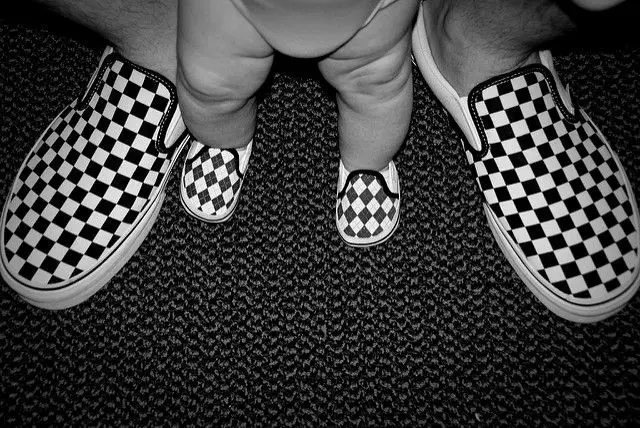
The one constant is that there’s pressure, either light or extreme, to conform, obey, keep to the rules or laws, often accompanied by warnings of consequences or actual punishment, fair or unfair. Over time, most of us get the message and work it out for ourselves, but a significant number don’t. They might only resort to fly-tipping in beautiful countryside, or they might cause serious harm or criminal damage, or they might even perpetrate some terrible act. We might never find out why, but we should make the effort to do so.
Did they look rather like us a few years ago?
I believe that these people are always with us, and that there’s a tipping point which we haven’t reached yet. We would have to have no confidence in or respect for our rulers, and they would have not to care a jot for any of us, or we would need to feel particularly unsafe before we thought of disregarding the law. The extreme end-point of that process looks like Syria today. Is it just one of those basket-case countries, or did they look rather like us a few years ago, before things fell apart?
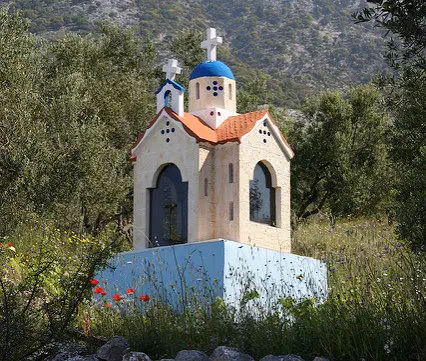
A few years ago we went on holiday to Corfu, and drove through their mountainous countryside with its numerous hairpin bends. I couldn’t help noticing the many small shrines that were set up along the roadsides, with glass cases on wooden posts, often filled with precious items and religious symbols. I remember marvelling that they seemed completely untouched, and I thought of England where they would be smashed almost immediately. I wondered what they do differently there.
Call the grown-ups
I wonder about things like this a lot. I write this column, and fill it with my thoughts. I talk about it all with people who might be interested, but mainly I’m looking for answers. What happens when children go wild? You call for the grown-ups, that’s what you do, and they clear up the mess and calm things down, then they get on with sorting it out and finding ways for it not to happen again. That’s what we should be thinking about, and that’s what we should be doing.
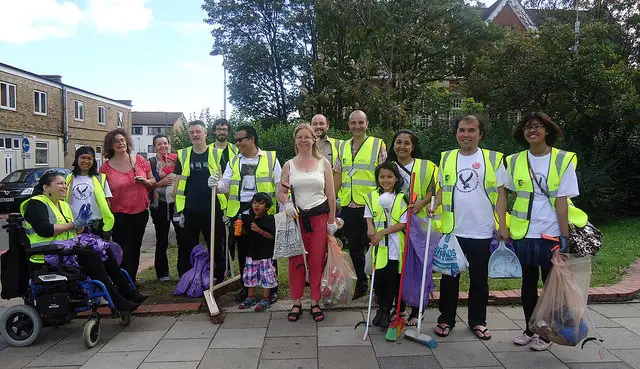
And let’s face it, we’re all grown-ups here, aren’t we?
If you have been, thank you for reading this.
Image: statelibraryqueensland under CC BY 2.0
Image: wackyvorlon under CC BY 2.0
Image: Hossein Zohrevand under CC BY 2.0
Image: Leonard Bentley under CC BY 2.0
Image: Simon Brass under CC BY 2.0
Image: Steve Fareham under CC BY 2.0
Image: brentdpayne under CC BY 2.0
Image: b3nscott under CC BY 2.0
Image: exfordy under CC BY 2.0
Image: bdcburma under CC BY 2.0

